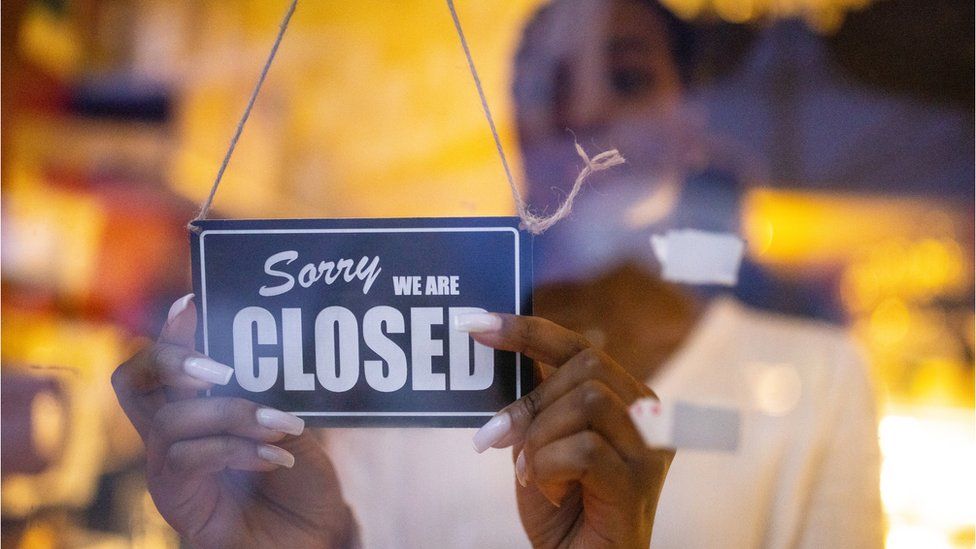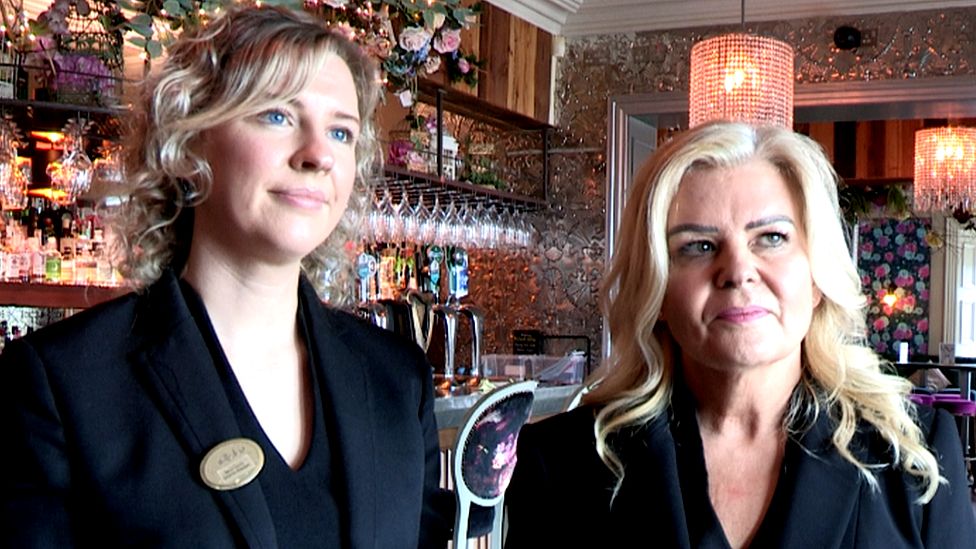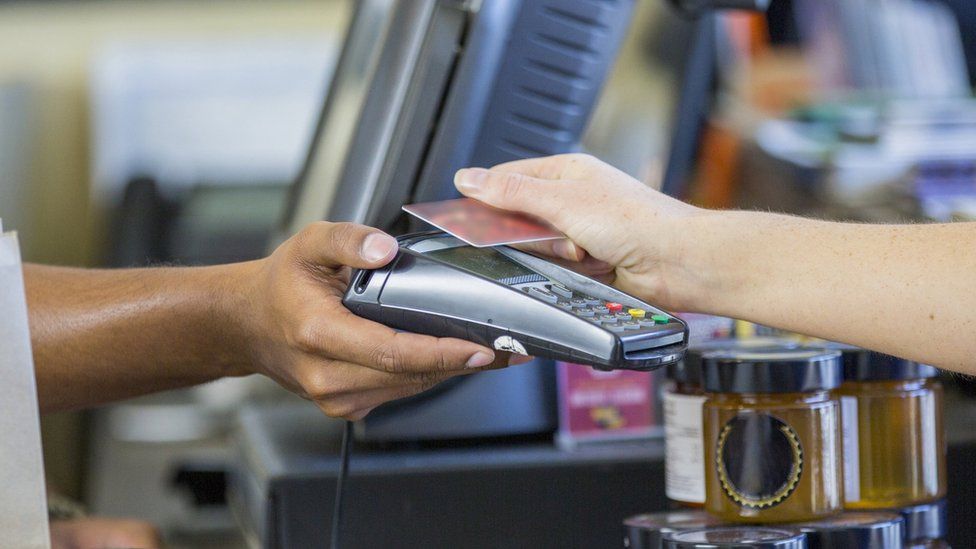
Food and drink service firms are most likely to cut trading to tackle energy costs, according to research from the Office for National Statistics.
Hospitality has been one of the sectors hardest hit by the rising cost of food and energy.
It comes as official figures show inflation hit 11.1% in October.
Derriaghy pub owner Martin Caldwell has decided to close his dining room and only offer food in the bar, resulting in the laying off of some staff.
“It’s tragic and unfortunate and it was a very difficult decision to let staff go,” he said.
“Some of them had been here for two to three years.
“At this time of the year it always seems that much harder for everybody.”
Customers struggling too
Mr Caldwell said his business had been losing about £1,500 a week since April, which was no longer sustainable.
The combined cost of wages, services, utilities and food prices, had made it very difficult to get anywhere near making a profit.
“You can only sustain losses for a certain length of time, particularly small businesses like our own, before you have to take a tough decision to cut your costs and cut your losses,” added Mr Caldwell.

Passing costs onto customers wasn’t an option, he said, as his pub’s customers were struggling too.
“You just have to cut back your overheads to survive – and hunker down,” he said.
Whether inflation peaked at 10% was not the issue, he said: “It was how long the inflation lasted.”
- Hospitality businesses ‘at risk’ as costs soar
- The port town businesses battling to stay afloat
“All the indicators are that inflation is going to be rampant for 12-18 months. Sadly I think the next 12-18 months are going to be grim for everybody.”
-
Hospitality businesses ‘at risk’ as costs soar
-
28 July

-
-
The port town businesses battling to stay afloat
-
26 October

-
-
Trade group unveil plan to tackle ‘perfect storm’
-
23 August

-
